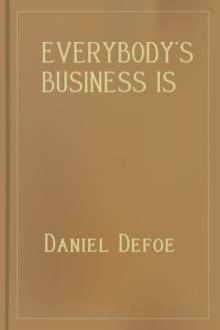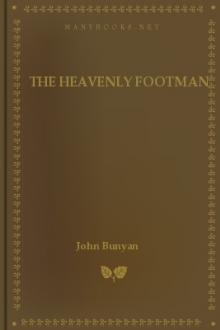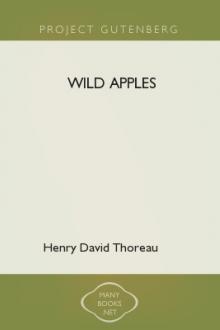Genre Essay. Page - 3
All entire books of the Essay genre on your device.

o fine enough: it is a hard matter to know the mistress from the maid by their dress; nay, very often the maid shall be much the finer of the two. Our woollen manufacture suffers much by this, for nothing but silks and satins will go down with our kitchen-wenches; to support which intolerable pride, they have insensibly raised their wages to such a height as was never known in any age or nation but this.Let us trace this from the beginning, and suppose a person has a servant-maid sent him out

e the way is long, (I speak metaphorically,) and there is many a dirty step, many a high hill, much work to do; a wicked heart, world, and devil to overcome. I say there are many steps to be taken by those that intend to be saved, by running, or walking, in the steps of that faith of our father Abraham. Out of Egypt thou must go through the Red Sea; thou must run a long and tedious journey, through the vast howling wilderness, before thou come to the land of promise.4. They that will go to

company as believing in an Eternal life, and endeavour to draw any conclusions, from this assumed belief, as to their present business, they will forthwith tell you that what you say is very beautiful, but it is not practical. If, on the contrary, you frankly address them as unbelievers in Eternal life, and try to draw any consequences from that unbelief,--they immediately hold you for an accursed person, and shake off the dust from their feet at you. And the more I thought over what I had got

of sense is but a small part of the pleasure he actually experiences.That pleasure, as a whole, is a highly complex thing, and rests mainlyon a basis that, by a little knowledge, could be annihilated in amoment. Tell the boy what the champagne really is, he has been praising;and the state of his mind and face will undergo a curioustransformation. Our sense of the worth of life is similar in itscomplexity to the boy's sense of the worth of his wine. Beliefs andassociations play exactly the same

It is as it stands now the frank confession of what one man of the early Twentieth Century has found in life and himself, a confession just as frank as the limitations of his character permit; it is his metaphysics, his religion, his moral standards, his uncertainties and the expedients with which he has met them. On every one of these departments and aspects I write--how shall I put it?--as an amateur. In every section of my subject there are men not only of far greater intellectual power and

have mentioned. One of these was, the prospect of his succeedingto an old lady, a distant relation, who was known to be possessed ofa very large sum in the stocks: but in this their hopes weredisappointed; for the young man was so untoward in his disposition,that, notwithstanding the instructions he daily received, his visitsrather tended to alienate than gain the good-will of his kinswoman.He sometimes looked grave when the old lady told the jokes of heryouth; he often refused to eat when she

r with nine inconveniences and mischiefs that attend those churches where unity and peace is wanting.IV. And, lastly, I shall give you twelve directions and motives for the obtaining of it. 1. As touching the sense of the text, when ye are counselled to keep the unity of the Spirit, we are not to understand the Spirit of God, as personally so considered; because the Spirit of God, in that sense, is not capable of being divided, and so there would be no need for us to endeavour to keep the unity

he Choice ofParis and The Apples of the Hesperides.]The tree is mentioned in at least three places in the Old Testament,and its fruit in two or three more. Solomon sings, "As the apple-tree among the trees of the wood, so is my beloved among the sons."And again, "Stay me with flagons, comfort me with apples." Thenoblest part of man's noblest feature is named from this fruit, "theapple of the eye." The apple-tree is also mentioned by Homer and Herodotus. Ulysses

hings holy that were therein contained, and especially, the priest and clerk most happy, and without doubt, greatly blessed, because they were the servants, as I then thought, of God, and were principal in the holy temple, to do His work therein.17. This conceit grew so strong in a little time upon my spirit, that had I but seen a priest (though never so sordid and debauched in his life), I should find my spirit fall under him, reverence him, and knit unto him; yea, I thought, for the love I
